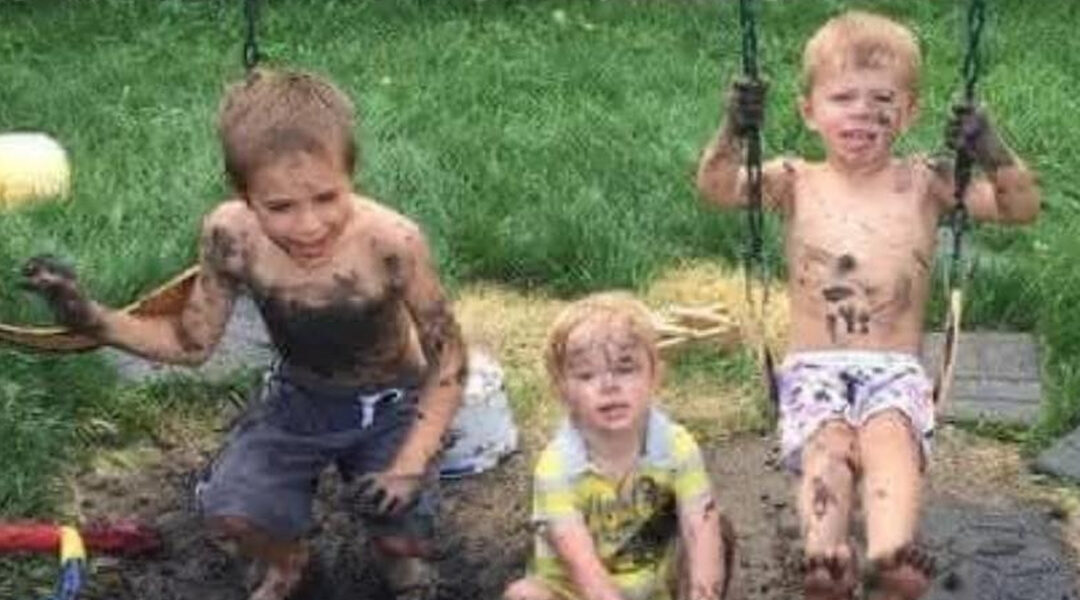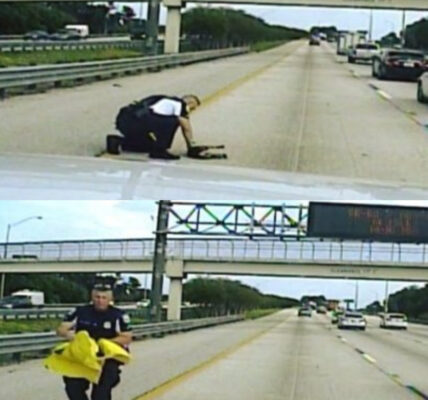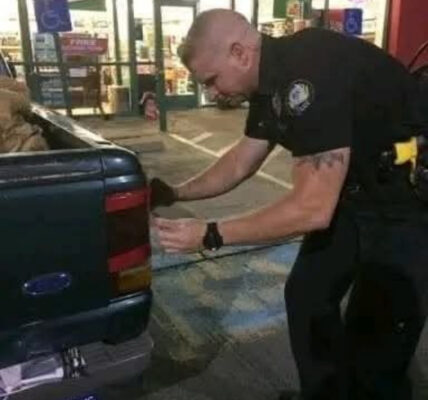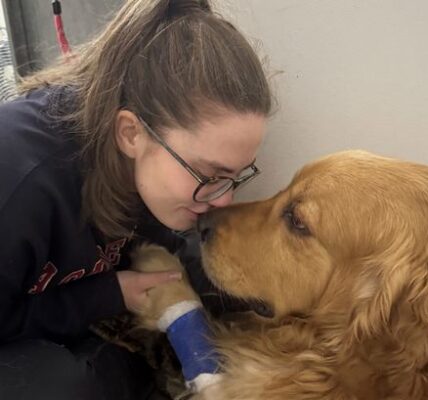
When I think back to my childhood, I can’t help but smile at how different the world was. My mum used to cut chicken, chop eggs, and spread butter on bread—all on the same wooden cutting board, with the same knife. There was no bleach, no disinfectant wipes, no hand sanitizers lined up on the counter. Yet somehow, none of us ended up in the hospital with food poisoning.
At school, our lunches were simple. Sandwiches wrapped in wax paper, tucked into brown paper bags—not insulated lunchboxes with ice packs or fancy compartments. We didn’t know what E. coli was, and we never seemed to suffer for it.
Summers meant swimming, but not in chlorinated, perfectly maintained pools with lifeguards blowing whistles. We went to the lake, the river, or the beach. The water was muddy, filled with minnows and reeds, but it was alive. And no one ever closed it down with big red signs that said “unsafe.” We just swam until the sun dipped low.
Physical education was required, and it wasn’t cushioned with ergonomic sneakers or specialized training gear. We wore Dunlop sandshoes—thin soles, no support—and we ran, jumped, and climbed like our lives depended on it. No reflective strips, no “impact absorption technology.” Sometimes we got hurt, scraped knees, twisted ankles—but mostly we toughened up.
And discipline? That was a very real thing. If you misbehaved at school, you got the cane. It wasn’t called abuse; it was called learning consequences. At the time it stung, but looking back, it taught us respect—for rules, for teachers, for anyone older than us.
Fifty kids packed into one classroom, one teacher standing at the front. No iPads, no “learning pods,” no endless meetings about curriculum. Yet somehow, we all learned to read, to write, to spell, and to do our sums. We weren’t perfect, but we were prepared for the world.
Every morning we said prayers, sang the national anthem, and no one filed complaints. Detention after school was a punishment you dreaded because it meant everyone would know you had stepped out of line. Being proud of yourself wasn’t a right—it was something you earned by doing something worth being proud of.
There were no computers, PlayStations, Xboxes, or Netflix subscriptions. And yet, we weren’t bored. We built forts, climbed trees, and invented games that made entire afternoons disappear.
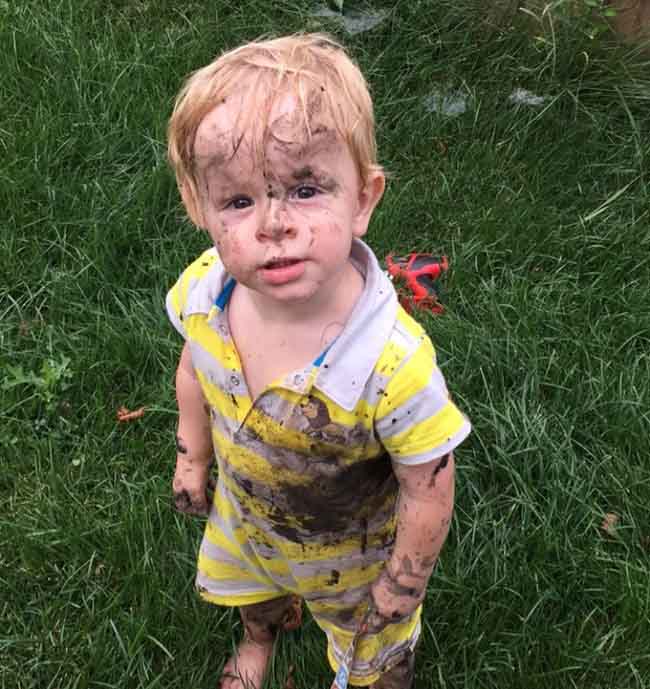
When I got stung by a bee, there were no emergency room visits, no prescriptions for antibiotics. Mum dabbed iodine on it, and if I cried too much, I probably got a scolding for making such a fuss. Scrapes, bruises, and bumps weren’t lawsuits waiting to happen—they were just part of being a kid.
We played “King of the Hill” on gravel piles left behind at construction sites. Dangerous? Probably. Fun? Absolutely. And when we came home battered and dusty, Mum didn’t call a lawyer—she dusted us off, patched us up, and sent us back outside.
Not once did I hear the phrase “dysfunctional family.” We didn’t sit in therapy circles learning to manage our anger. We weren’t told we needed medication to get through the day. Life wasn’t always easy, but it was ours, and we lived it without the constant hum of fear and diagnosis.
So how did we ever survive?
The answer is simple: we lived in a world that was rougher around the edges but richer in its lessons. We grew up resilient, respectful, and resourceful. We laughed harder, played longer, and learned that life didn’t have to be sanitized, scheduled, or supervised to be meaningful.
To those who shared that era with me—love to you all. We carry memories that no one can take away. And to those who didn’t—I’m sorry for what you missed. Because, truly, it was something special.
